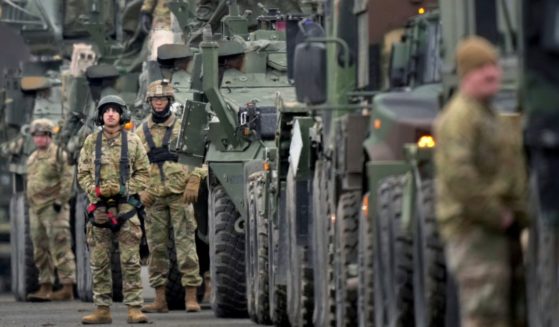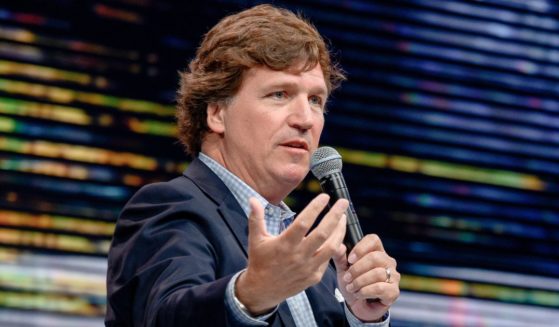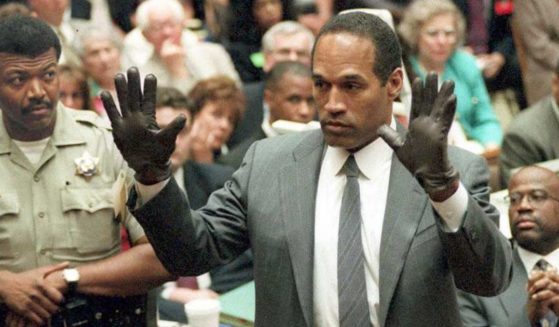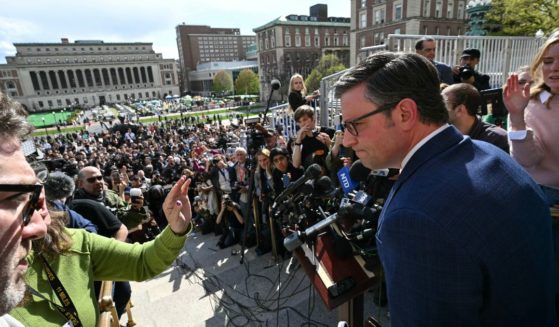Chicago Symphony musicians' strike over wages, pension
CHICAGO (AP) — A line of classical musicians marching with picket signs in front of the Chicago Symphony Orchestra’s historic downtown building is fast becoming one of the city’s must-see spots.
About 100 of the orchestra’s musicians have been on strike since March 11, at odds with orchestra officials over pension and wage issues. Their picket line has attracted support and visits from congressmen, mayoral candidates, musical theater performers and the musicians’ own maestro, renowned Italian conductor Riccardo Muti. U.S. Sen. Dick Durbin planned to visit Friday.
Symphony officials have canceled 17 concerts through Monday. The union has organized shifts of about a dozen picketers into four three-hour shifts daily from 8 a.m. to 8 p.m.
Muti visited his musicians the second day of their picket, greeting them with hugs and handshakes and noting that their plans that day had been to be rehearsing inside Michigan Avenue’s Symphony Center.
“This is a moment of crisis,” Muti said a day after the strike began, explaining that he was trying to reconcile the parties. “The entire world, the entire musical world, is listening to what they do in Chicago.”
The musicians also drew support from House Speaker Nancy Pelosi, who wrote them a letter saying “the symphony’s success is only possible because of your talent and dedication.”
The Chicago Federation of Musicians and the orchestra have been in negotiations for nearly a year. The union’s contract with the orchestra ended March 10, leading the musicians to strike the next day. The sticking points are musicians’ wages and an orchestra proposal to move them from a defined benefit to a defined contribution retirement plan.
Chicago Symphony Orchestra Association President Jeff Alexander said orchestra officials are trying to prevent financial challenges the symphony could face in coming years.
“What we feel is so important is that we don’t enter into an agreement that puts the finances of the Chicago Symphony Orchestra Association at risk,” Alexander said. “Our projections, especially on the pension topic, show that if we don’t make a change now, then a few years from now things will be quite critical.”
The union questions the symphony’s money management and argues that a pension is necessary to retain and attract quality musicians.
“This is really about the future of the orchestra,” said Stephen Lester, a symphony string bassist who is chairman of the union’s negotiating team. “The Chicago Symphony is a destination job. People come, like I did, in their 20s and 30s and stay their entire professional lives. We give to the community through our artistry and our performance with the orchestra. That defined benefit pension is a major part of that commitment.”
No future negotiation sessions are planned. Both sides have taken a break in discussions.
The last time Chicago symphony musicians went on strike was in September 2012 for two days over wages and health care costs. Musicians also picketed for about two weeks in 1991.
The Western Journal has not reviewed this Associated Press story prior to publication. Therefore, it may contain editorial bias or may in some other way not meet our normal editorial standards. It is provided to our readers as a service from The Western Journal.
Truth and Accuracy
We are committed to truth and accuracy in all of our journalism. Read our editorial standards.












